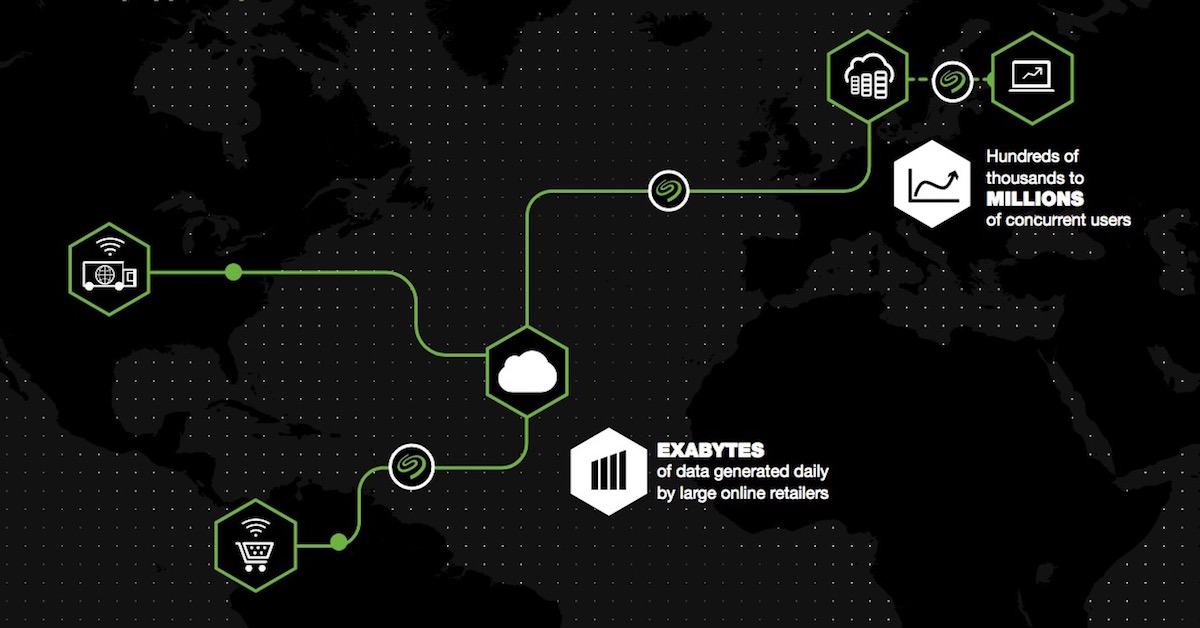Dropbox, Box and other cloud storage providers that originated as purveyors of primarily consumer-facing products are becoming more interested in the enterprise. For example, a recent set of changes – including remote wipe and audit log to Dropbox for Business clearly target IT administrators, but will such updates be enough to satisfy the wide-reaching concerns of large organizations?
Consumer cloud storage is not ready for the enterprise
Industry observers such as Constellation Research's R. Ray Wang and Lawrence Hawes of Dow Brook Advisory Services opined that these moves were at best small steps that are likely to do little to dispel the perception that mainstream storage services are unsuited for enterprises. In other words, new features are not enough – vendors must have enterprise-first strategies that foster comfort and respect from IT professionals.
"The memories of well-documented incidents of security and privacy breaches of the Dropbox service, as well as its too-frequent service outages, are still fresh in the minds of those charged with buying secure, reliable IT for their companies," Hawes told TechCrunch. "While some may give Dropbox for Business a first (or another) look based on the new features launched today, most corporate IT departments and buyers will continue to seek other alternatives."
Enterprises certainly care about security in general, but they also consider specific features such as encryption and identity management, as well as how storage solutions interact with current internal systems. Many pure play cloud vendors do not provide this level of service yet. As such, they may be disadvantaged against companies such as Egnyte, a Seagate Cloud Builder Alliance partner that specializes in both on-premises and remotely hosted file management. Wang argued that Egnyte, along with Box, were the top contenders in the enterprise storage space.
While Dropbox et al have made inroads in part because they are more intuitive to end users than some enterprise-grade alternatives, tomorrow's storage offerings must not only be easy to use, but secure, high-performance and flexible enough to mesh with existing IT architectures. Software-defined technologies and hybrid file sharing and synchronization services are just a few of the solutions that are enabling enterprises to meet these requirements while securely and economically managing surging amounts of data.
End users, IT departments split on usage of cloud computing services
Taken together with the industry response to the Dropbox for Business update, the results of a Skyhigh Networks study underscore the divide between IT departments and end users on the issue of what type of cloud storage is best for business. Skyhigh Network surveyed more than 1 million staff across enterprises of all sizes, finding that Dropbox, Google Drive and Microsoft OneDrive were all widely popular. Dropbox was even favored over Dropbox for Business.
All storage services were rated for enterprise readiness, and many of the leading contenders fell short on metrics such as DLP integration, access controls and how long they retained data after cancelation. Still, many organizations continue to use these solutions, either because they are not concerned (or do not notice) the flaws or because they have acquiesced to employee habits. The bring-your-own-device trend, for instance, has initiated a wave of IT worker autonomy, with individuals now choosing what hardware and software they use on the job.
"When you enable employees to get the job done, they typically use the service you give them," stated Skyhigh Networks CEO Rajiv Gupta, according to TechRepublic. "We showed one of our clients that their employees were using 27 different file-sharing services. Staff hadn't been told which one to use, so they used one that was convenient."
Some IT departments have responded by adding business cloud accounts or migrating all users to one relatively secure platform with industry-standard features. They may take this route because their in-house solutions are difficult to implement and, even if completed, would face an uphill battle in keeping pace with the rapid evolution of third-party services.
However, managers must make broader assessments of how cloud storage affects the organization's security, compliance and ability to meet business requirements. Matching Dropbox or Google Drive on features is not only difficult, but probably unnecessary, given the difference in audience between these services and enterprise ones. Putting all data in the cloud and losing control of it is not an option for many companies that are already struggling to deal with the sheer amounts of information under their management.
Worldwide growth in data underscores need for improved cloud storage hardware
For enterprises, cloud storage solutions must address this fundamental issue of surging data volumes in a scalable and secure way. An April 2014 study commissioned by EMC predicted that the total amount of digital assets in the world would growth tenfold between 2013 and 2020, going from just over 4 trillion GB to 44 trillion GB.
Mobile devices, social and collaboration solutions and the emerging Internet of Things have all contributed to this dramatic spike. To adjust to handling data on a new scale, enterprises have looked at software-defined storage as a way to revitalize existing infrastructure and provide an economical, highly controllable way to manage information.
"Simply put – companies of all types are shape shifting into software-defined enterprises right before our eyes," stated Jeremy Burton, EMC president of products and marketing. "While the potential is massive, the implications are equally daunting. IT departments must press the restart button to find new ways to innovate around existing infrastructure while positioning themselves to dive into a future of third platform computing."
Storage vendors such as Nexenta, another Seagate Cloud Builder Alliance partner, have made strides in enabling data management free of fundamental dependencies on particular proprietary appliances. Provisioning and managing storage is still a bottleneck for many organizations, but software-defined storage gives them a way to automate operations so that they can focus on securing and streamlining cloud infrastructure at large.
Moreover, the emergence of solutions such as SDS and enterprise file synchronization and sharing services show that companies have many tools for efficiently storing and managing data, even as external conditions and business requirements shift. Enterprise reticence toward Dropbox is not just about security, but about the growing expectation that cloud storage be flexible, amenable to on-premises and colocated environments and replete with mechanisms for tracking, encrypting and controlling data.






